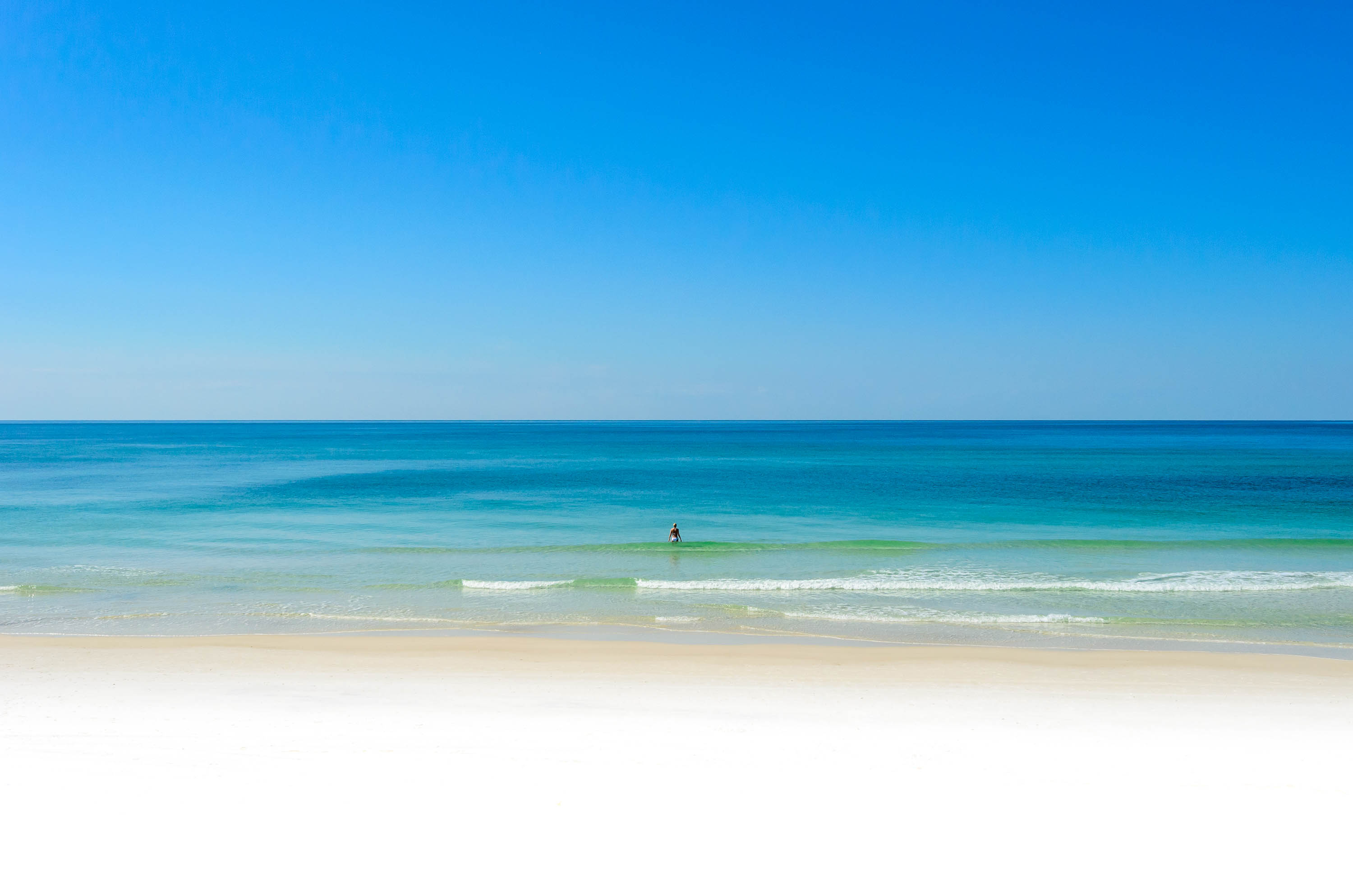If you get caugh in a rip and have the ability to float on your back for long periods, isn't it a fairly simple matter to get washed back in to shore once you get out of it? Or will a rip carry you all the way to Mexico?
[...]
Floating is absolutely the best idea ... if you can do it. But floating in rough seas is not easy. If there's high surf you might have several rows of breaking waves. Past the surf zone you still have the up and down swell and some pretty good chop usually.
A rip will not carry you to Mexico. Whether it rotates you back towards shallower water or not depends. A lot of sites talk about them doing this, but not all rip currents are the same. Some will carry you out beyond the breakers and leave you. Some will carry you out and, if you float long enough, circulate you back toward shallower water. Even if you are a strong swimmer, the best tactic is to avoid struggling, conserve energy, and float as much as possible.
A lot of sites say the idea of swimming parallel to or at an angle to shore is outdated and tends to add to fatalities because it's just another expenditure of energy leading to exhaustion, hyperventilation, and loss of ability to float. The first suggestion shouldn't be to try to swim anywhere, but to relax, float, and breath.
If you have a lifejacket, boogie board, or some other form of flotation, I believe you could survive any rip every time.
Aside from the rip currents, another problem is the surf. Most people don't know how to handle minor surf let alone the kind of surf you get during reds and double reds. Learning some simple tactics like duck diving to avoid getting pummeled by waves, and not turning your back to the waves would help. Getting back in through surf is probably more difficult than going out through surf.












